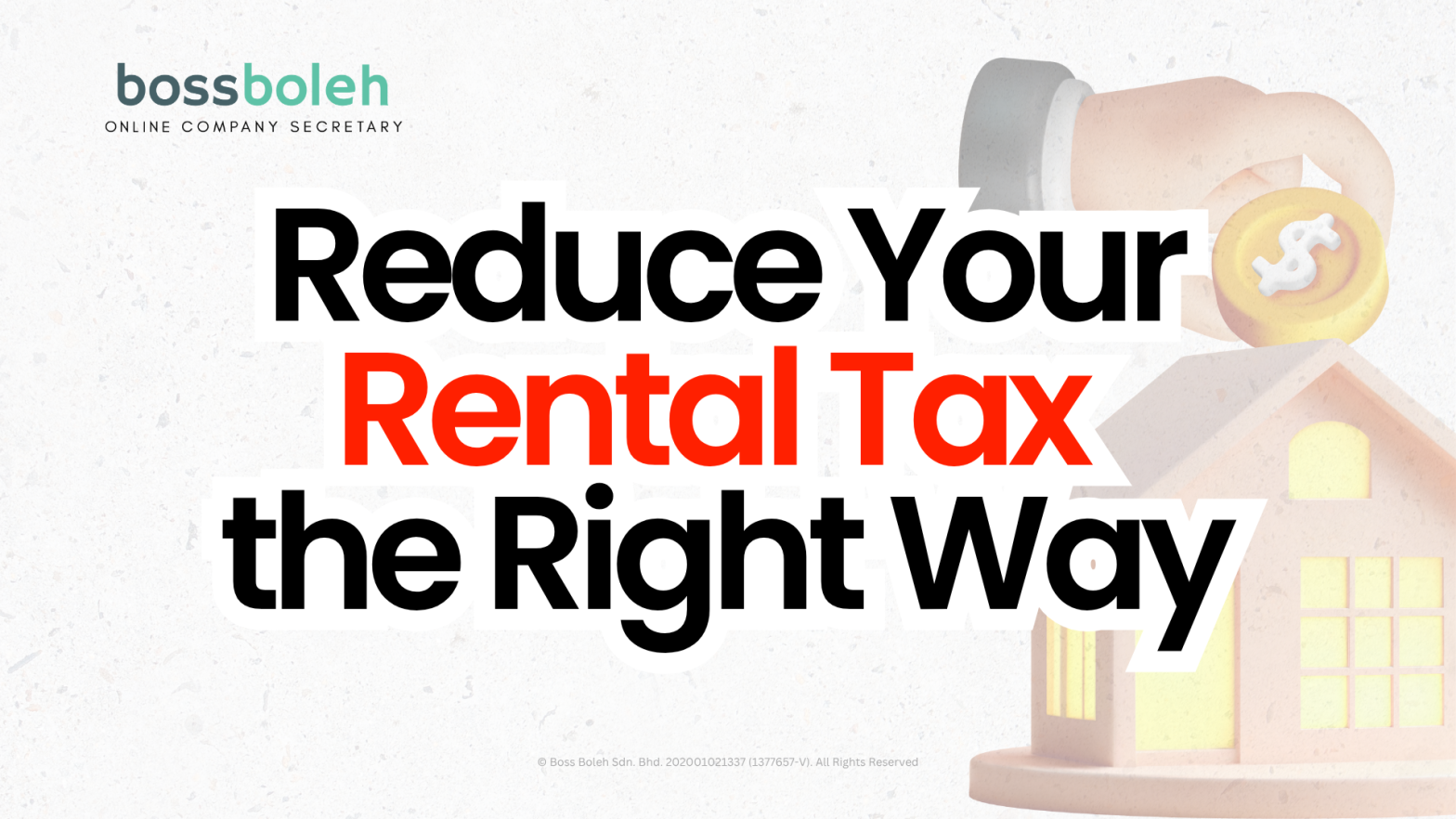If you are a landlord in Malaysia, it is important to know how your rental income is taxed. Many property owners are unaware that certain expenses can be claimed as deductions to reduce their overall tax burden.
Understanding which expenses qualify and keeping proper records can help you save money and stay compliant with tax regulations.
1. When Is Rental Income Taxable
Rental income becomes taxable when your property is rented out and starts generating income. It is considered part of your total income for the year and must be declared in your annual tax return.
If your property is still vacant or under renovation, any expenses incurred before it is rented out are not deductible as the property is not yet producing taxable income.
2. What Expenses You Can Deduct
You are allowed to claim expenses that are directly related to maintaining and generating rental income. These include:
- Assessment and quit rent paid to local authorities
- Fire insurance premiums for property protection
- Repairs and maintenance to keep the property in rentable condition (such as fixing leaks, repainting, or replacing damaged fittings)
- Interest on a loan used to purchase the rental property
- Fees to agents for securing tenants or managing the property
- Legal fees for preparing tenancy agreements
- Service charges and management fees for shared facilities like security or cleaning
These expenses are deductible only when the property is already rented and generating income.
3. What Expenses You Cannot Deduct
Certain expenses are not eligible for deductions because they are capital in nature or not related to producing rental income. Examples include:
- Renovation or improvement works that increase property value
- Legal fees and stamp duty paid when purchasing the property
- Expenses for furnishing or decorating a new unit before renting
- Personal travel or living costs of the landlord
These costs are part of your investment, not ongoing expenses related to rental income.
4. Keeping Proper Records
Landlords must keep proper documentation for all claims such as invoices, receipts and tenancy agreements. Records should be kept for at least seven years in case the Inland Revenue Board (LHDN) requests verification.
Using digital tools or spreadsheets to track monthly rental income and expenses can help ensure accuracy and smooth tax filing.
✅ Managing your rental income correctly helps you meet your tax obligations and avoid paying more than you should. By knowing which expenses are deductible and keeping good records, you can file confidently and stay compliant with Malaysian tax requirements.
You’re welcome to join our community group to get exclusive and latest trend of business insight👇
① Join EN group
② Join CN group
Want to know more about starting a Sdn Bhd? What’s the best way to start one, and what should you be mindful of? Register and find out in our upcoming webinar!


For more information, get in touch with us on WhatsApp @018-767 8055 today!
